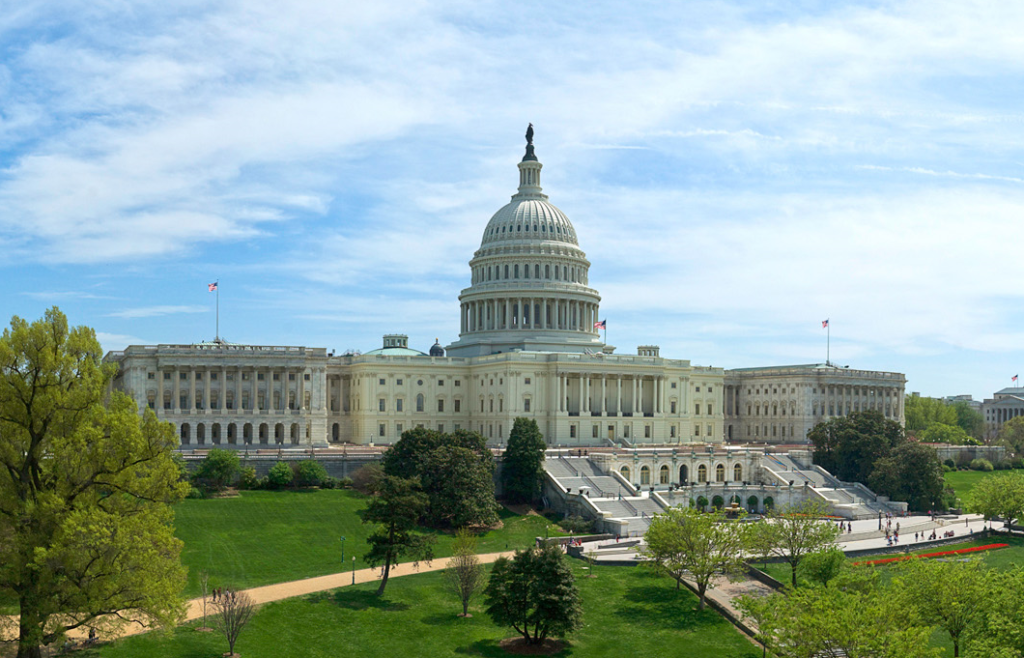Whether you are a member or not, BTEC has advocated on your behalf to advance policies for the widespread use of biomass for heating in Washington DC since 2009. BTEC has achieved a big victory by inserting language in the 2018 House Farm Bill that would expand the Community Wood Energy and Wood Innovations Program funding to $25 million per year in FY 2019-2023. To ensure the passage of the expanded CWEP in the Farm Bill and to continue work to pass the Biomass Thermal Utilization Act, we need your financial support at this critical time.
The bottom line is that we believe we have momentum building that will culminate in enactment of favorable tax incentives and beneficial funding for the industry. But their outcomes will not be realized if our industry does not sustain the government affairs capability that we currently have, capability that is ending if we can’t raise funds to continue it. We are seeking funding to support a budget of $50,000 to $60,000 for efforts through 2018 for: (1) the lobbying efforts of Orion Advocates’ Pat Rita; and (2) building a grassroots movement within the industry. BTEC would retain 10% for development, finance management, and reporting to and convening of Government Affairs Fund Contributors. If we can recruit 12 companies to contribute $5,000 each we will meet our funding goal.
Background on BTEC’s Government Affairs Efforts
Each year, since 2008, the decision was made by BTEC to invest resources in government affairs at the federal level at a time when competing renewable energy technologies had tax incentives that biomass thermal lacked. Each technology—from geothermal to fuel cells to biomass electric applications—benefited from investment and production tax credits and other incentives afforded by the Energy Policy Act of 2005 and subsequently by the Energy Independence and Security Act of 2007. Biomass thermal interests were not at the table during negotiations of these legislative packages and, as a result, were not included in these incentives.
A campaign to rectify this situation and level the renewable energy incentive playing field was developed and implemented nine years ago. In the early stages, members of Congress and officials in the Obama Administration were unfamiliar with thermal energy in any form, much less thermal energy derived from biomass combustion. Countless meetings with Members of Congress and their staffs, as well as policymakers across the Executive branch, have resulted in a keen understanding of the local jobs benefits of highly efficient biomass heating systems and the renewable and carbon beneficial qualities of the fuels they burn.
Our ongoing objective is to enact the Biomass Thermal Utilization Act—a bill that would qualify highly efficient biomass systems for investment tax credits that other renewable energy companies now enjoy. Progress has been made, most recently in the tax reform debate when the Senate Finance Committee Chairman offered the BTU Act as an amendment leading up to his committee’s consideration. Ultimately energy tax incentives were not included in the 2017 Tax Cuts and Jobs Act signed by the President, but Congressional leadership is signaling that follow-up “tax corrections” bills will be considered later this year.
While our focus has been on the BTU Act, biomass thermal energy advocacy has been successful in securing recognition of the carbon benefits of forest-based biomass fuels in federal law. Likewise, a provision was included in comprehensive energy legislation last Congress that allows federal agencies to count thermal energy, not just electricity, toward their renewable energy goals. And, of course, lobbying efforts from the biomass thermal energy sector have kept the pellet stove tax credit alive despite efforts by some Members of Congress to eliminate it.
Implementation
BTEC will set up a separate Government Affairs Fund to pay for the efforts listed above through 2018. Contributors are requested to pay $5,000 each via credit card or check. If you are ready to make a contribution to the fund, contact Cordelia Pearson (cpearson@ttcorp.com) or 202-596-3974×303 for credit card. You can also mail a check to BTEC, stating it’s is for the Government Affairs Fund:
Biomass Thermal Energy Council
1211 Connecticut Ave NW, Suite 650
Washington, DC 20036
If you would like to discuss a higher or lower contribution than $5,000 or request an invoice, please contact Peter Thompson (peter.thompson@biomassthermal.org) or 202-596-3974 x302. The results of this Government Affairs funding drive and reports on expenditures will be provided regularly to the contributors and the BTEC Board of Directors.
Thank you for your consideration. This request is an urgent one as current funding has ended this month.

